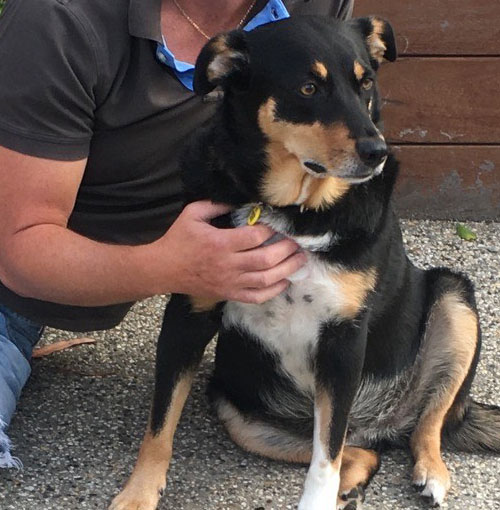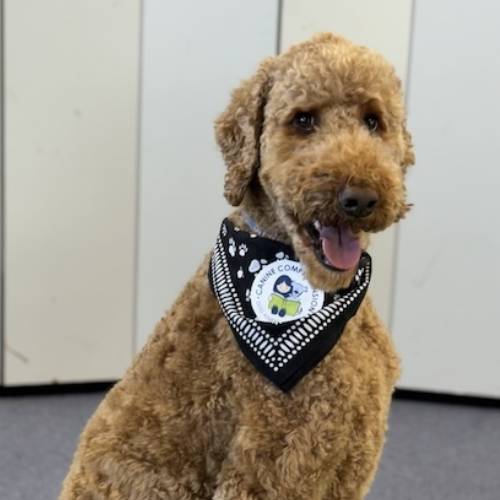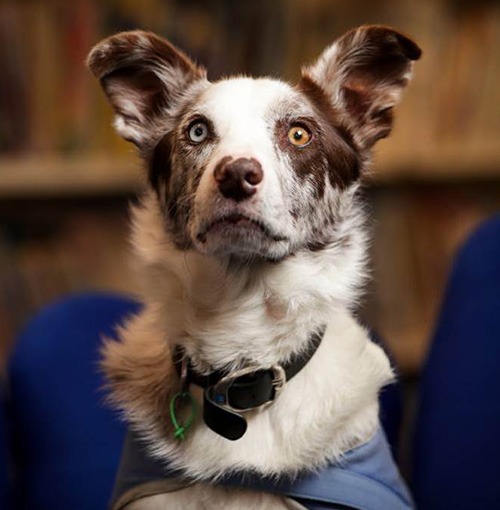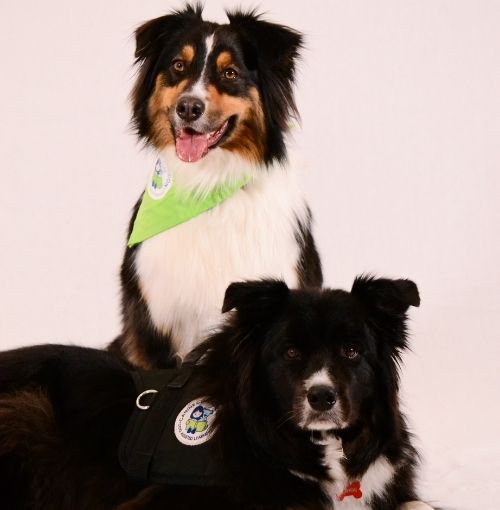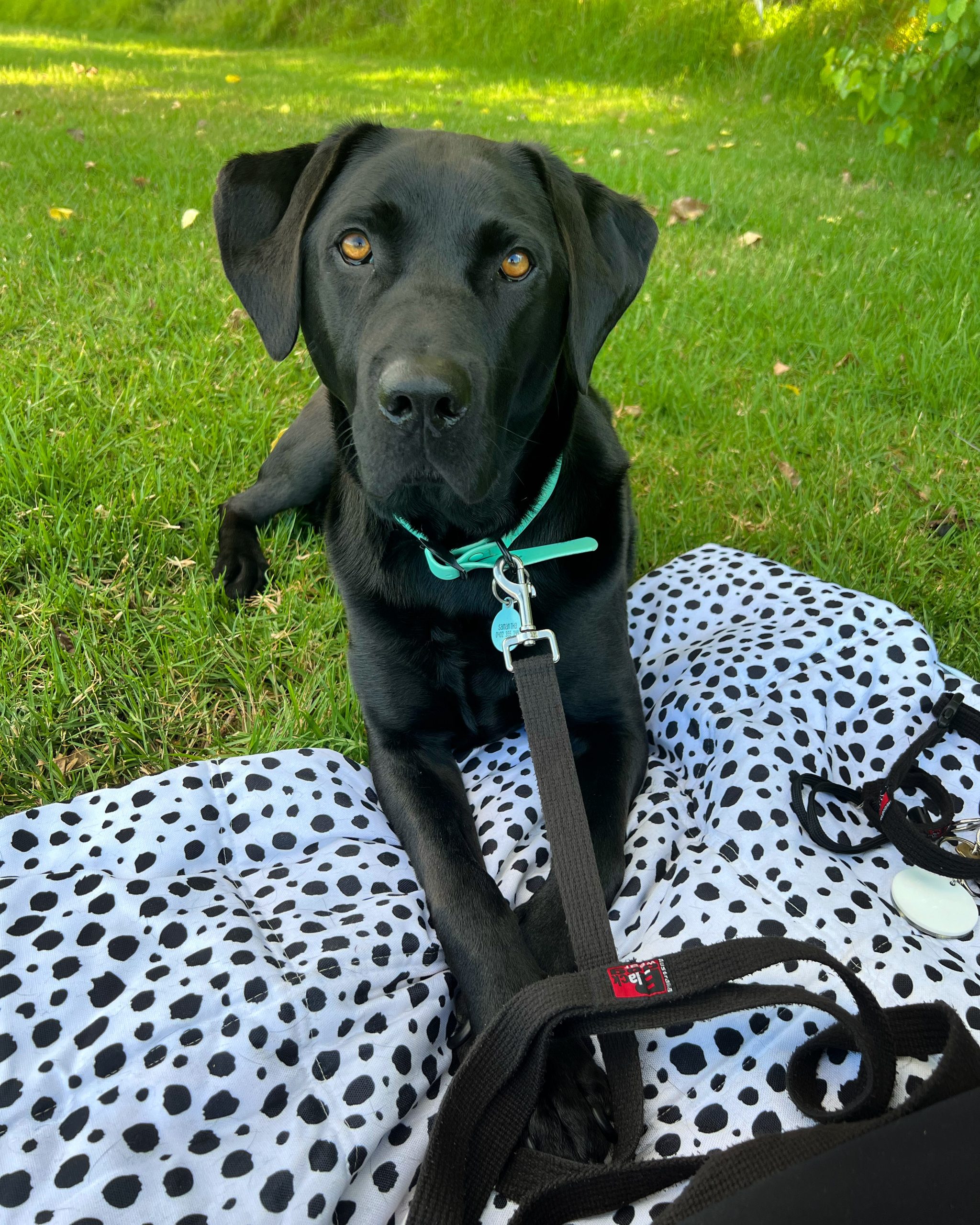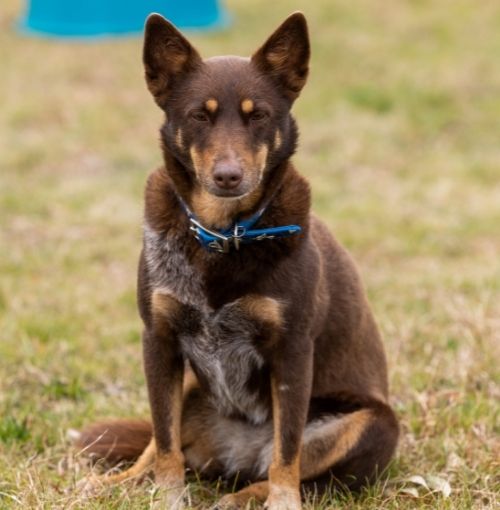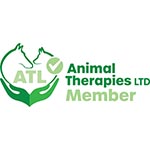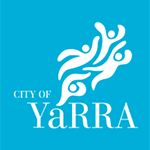Committed to making an impact
We imagine a world where young people are enthusiastic about school, driven by a love for learning, and committed to uplifting their peers.
When students connect with our therapy dog teams, they experience increased self-esteem, emotional regulation, resilience, motivation, social-emotional awareness, and much more. The skills they gain alongside our dogs translate to the classroom—and far beyond—giving them the inner certainty to navigate the world confidently.
Canine Comprehension provides both flexible and integrated options to embed the transformative power of animal-assisted education in schools, libraries, and communities. Our approach is evidence-based and focused on true impact. We go beyond ‘feel-good moments’ (though there are plenty of them!) and measure the effectiveness of our programs to ensure we are supporting positive outcomes for the students and everyone we work with.
Learn more about our programs and offerings. Plus, discover how we make a difference.
Why use dog-assisted learning programs?
Positive Feedback from Students
Improvement in Emotional Regulation
Increase in Student Engagement
See us in action on Channel 10 News!
We recently had the honour of hosting the Minister of Education at Jacana School, where our mentor Mini and therapy dog Victor demonstrated how our school programs support student wellbeing.
Watch the segment and see how we’re helping students build confidence, reduce anxiety, and thrive in the classroom.
We love our therapy dogs, and we think you will too!
Our therapy dogs are carefully selected and trained to support students’ emotional and social development. They play a crucial role in our educational programs with therapy dogs, helping students manage anxiety, improve social skills, and enhance overall wellbeing.
We care for young people and our communities through dog-assisted learning
Our team (humans and canines alike) has H.E.A.R.T. Discover more about our values.

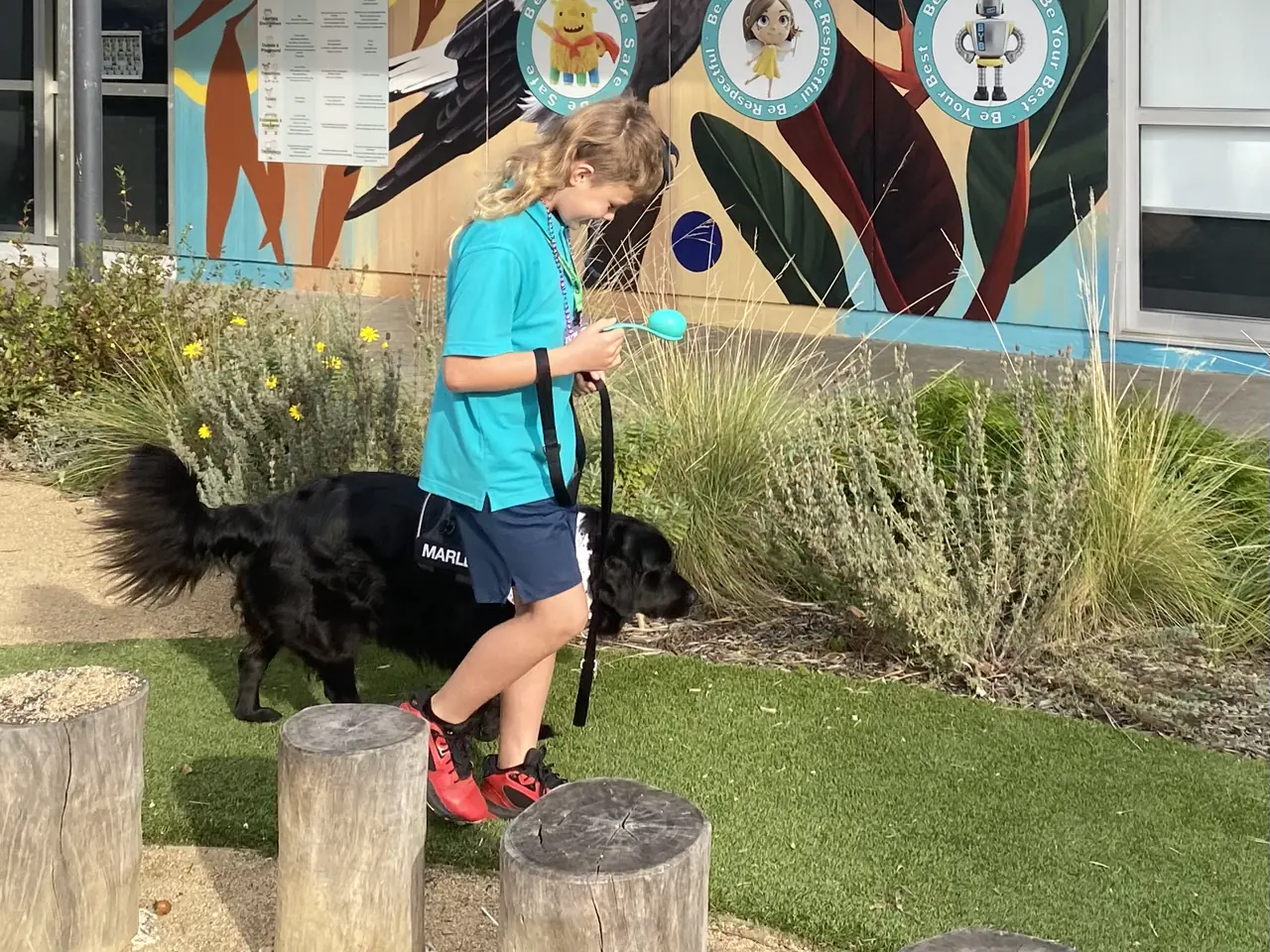

What people are saying about our dog therapy programs…
We were so lucky to have Cooper and Sam come weekly to our school and help the children embrace changes in their life and use the zones of regulation with the support of Cooper. WE LOVED IT!
Canine comprehension was such a brilliant program for our students they thrived on having Cooper during the day at school as it made something to look forward to if they were having a bad morning. Samantha was brilliant !!!!! She was such a great educator and really made a point of getting to know the children which made such a beautiful impact
My daughter started sessions in 2020 when she had a massive spike in her anxiety. The canine comprehension sessions quickly became a highlight of her week and really helped reduce her anxiety. She has always loved dogs and so these sessions are perfect to help her recover from a stressful week.
Students have been more comfortable in discussing friendship and communication experiences with each other. They are far more accepting of each other now than at the start of the program.
Learn more about our
animal-assisted education programs
From flexible options to regular weekly visits for the term or year, our programs match your needs to provide impact for students—at school and beyond. We are committed to evidence-based practices, continuous improvement, transparency (schools receive progress notes and impact reports), and the highest level of ethical practice for our therapy dogs and the people we work with.
Our programs focus on three key areas: emotional wellbeing, social skills development and academic support.
Discover the ways our experienced therapy dog teams can make a difference.


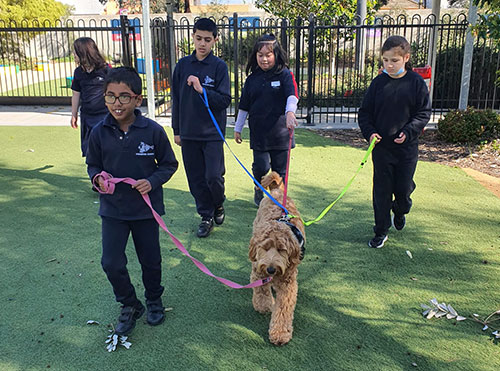
Partner Schools & Organisations
Awards
Our Affiliations
International Association of Human-Animal Interaction Organizations (IAHAIO)
We are thrilled to be full members of the International Association of Human-Animal Interaction Organizations. This esteemed affiliation underscores our commitment to advancing the field of animal-assisted learning. Through IAHAIO, we actively engage in global discussions and research, contributing to the development of ethical and effective practices that enhance the well-being of both animals and humans.

Australian Animal Therapies Ltd (ATL)
As proud members of Australian Animal Therapies Ltd, we play a vital role in promoting the understanding and acceptance of animal-assisted services. Our collaboration with ATL allows us to advocate for ethical standards and support the growth of this young sector. Together, we strive to ensure that those in need can access the benefits of animal-assisted therapy, fostering a more inclusive and supportive community.

Aussie Dog Friendly Business Directory
The Aussie Dog Friendly Business Directory is a niche market business directory that is consolidating ‘ALL-THINGS-DOGS’ across Australia, making it easy for dog owners to connect with dog friendly businesses and dog friendly activities.






